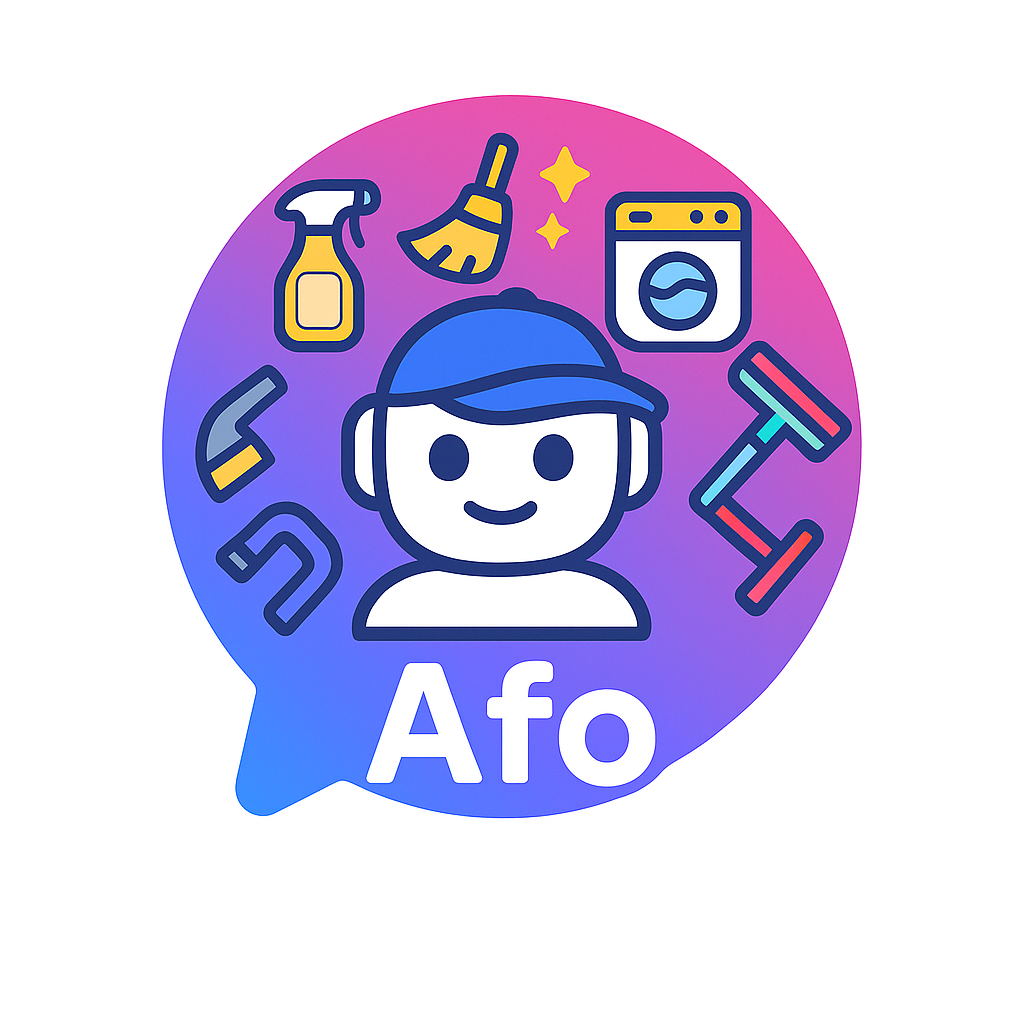afo blog
Is AI a Threat to Education or the Assistant We’ve Been Waiting For?
Is AI a Threat to Education or the Assistant We’ve Been Waiting For? |
We explore how AI, particularly neural networks, is enhancing education by personalizing learning, supporting teachers, and improving accessibility — positioning AI as a valuable assistant rather than a threat.
Artificial intelligence is no longer just a concept of the future — it’s already transforming classrooms, tutoring platforms, and how students and teachers interact with information. From language models like ChatGPT to AI-powered learning apps or assistants like Afo, neural networks are helping personalize learning, automate routine tasks, and make education more accessible than ever before. Far from being a threat, AI is emerging as a powerful assistant that complements traditional teaching and enhances the learning process.
One of AI’s greatest strengths lies in its ability to adapt. While a human teacher may not always have the time or resources to address every student's individual pace or style of learning, AI tools can. They analyze student input, identify patterns, and offer personalized explanations, practice questions, or study plans. This kind of tailored support helps learners overcome obstacles faster and encourages independent learning. For students who lack access to quality tutoring, AI can act as a bridge — available anytime, anywhere.
Educators, too, benefit from AI integration. Tasks like grading, content generation, or monitoring student progress can be streamlined, giving teachers more time to focus on instruction and mentorship. AI can even assist in identifying students who are struggling, suggesting interventions before problems escalate. Instead of replacing teachers, AI augments their capacity — helping them work smarter, not harder.
Of course, concerns around misuse are valid. Like any tool, AI can be misapplied — such as when students rely on it to write essays or solve assignments without understanding the material. However, this challenge is not unique to AI; it highlights the broader need to teach digital literacy and responsible tool use. Rather than banning AI in the classroom, schools should focus on guiding students in how to use it ethically and productively.
When integrated thoughtfully, AI doesn’t diminish the value of education — it enhances it. It opens up new opportunities for personalized learning, supports inclusive education, and helps both teachers and students focus on what really matters: critical thinking, creativity, and meaningful understanding.
In the end, AI is not the enemy of education — it is one of its most promising allies. The key is not to fear the technology, but to shape it so that it serves the goals of modern learning.
One of AI’s greatest strengths lies in its ability to adapt. While a human teacher may not always have the time or resources to address every student's individual pace or style of learning, AI tools can. They analyze student input, identify patterns, and offer personalized explanations, practice questions, or study plans. This kind of tailored support helps learners overcome obstacles faster and encourages independent learning. For students who lack access to quality tutoring, AI can act as a bridge — available anytime, anywhere.
Educators, too, benefit from AI integration. Tasks like grading, content generation, or monitoring student progress can be streamlined, giving teachers more time to focus on instruction and mentorship. AI can even assist in identifying students who are struggling, suggesting interventions before problems escalate. Instead of replacing teachers, AI augments their capacity — helping them work smarter, not harder.
Of course, concerns around misuse are valid. Like any tool, AI can be misapplied — such as when students rely on it to write essays or solve assignments without understanding the material. However, this challenge is not unique to AI; it highlights the broader need to teach digital literacy and responsible tool use. Rather than banning AI in the classroom, schools should focus on guiding students in how to use it ethically and productively.
When integrated thoughtfully, AI doesn’t diminish the value of education — it enhances it. It opens up new opportunities for personalized learning, supports inclusive education, and helps both teachers and students focus on what really matters: critical thinking, creativity, and meaningful understanding.
In the end, AI is not the enemy of education — it is one of its most promising allies. The key is not to fear the technology, but to shape it so that it serves the goals of modern learning.
From the Afo Blog
